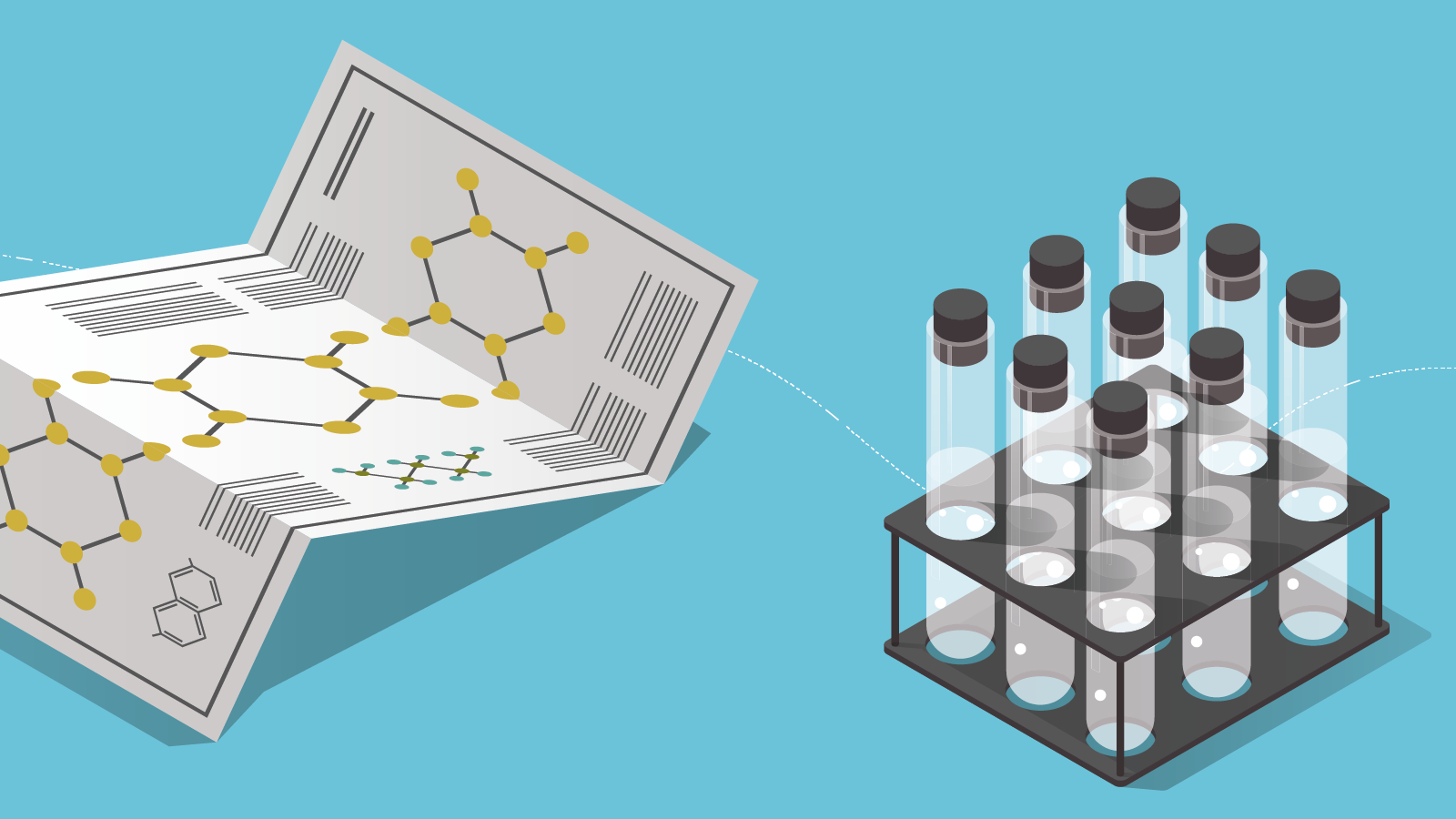Cannabidiol (CBD) is a naturally occurring molecule known as a phytocannabinoid. Similar to tetrahydrocannabinol (THC), a psychoactive cannabinoid, CBD is found in hemp and cannabis plants and is considered to provide value by cultural and medical communities, however, CBD does this without the same intoxicating effects as THC.
CBD is perceived to relieve consumers of pain, reduce anxiety or depression, provide relief from stress, lower blood pressure, improve general mood and is an antioxidant. Although at this stage there’s a lack of substantiated evidence which prohibits sellers from making medical claims.
The 2018 Farm Bill removed hemp-related products from its Schedule I status under the Controlled Substances Act, making it an ordinary agricultural commodity and allowing it to be marketed and sold as a legal product. The legislation ensures that any group of chemical compounds derived from hemp (defined as having less than 0.3% THC) will be legal, if it is produced in line with the Farm Bill, associated federal and state regulations, as well as by a licensed grower. Cannabinoids produced in any other way will remain a Schedule I substance under federal law and would be illegal.
The Hemp Business Journal estimated that by 2020 the CBD market will grow to $2.1 billion in consumer sales, with $450 million of those sales derived from hemp-based sources. That’s a 700% increase in sales since 2016.
This change has led to a diverse range of opportunities with many infixed on the gold pot at the end of the rainbow. Some companies are selling the product in more traditional forms like topical lotions, pills or tinctures; however, it’s also being manufactured into ice cream, edible gummies, coffee and pet food!
This diverse and growing market brings with it some unique risks:
- Heavy metals. The reality today is that much of our soil and air is polluted to some degree with heavy metals and it is a growing problem. Agricultural pesticides, artificial fertilisers, fungicides, pharmaceutical residue from human waste are just some of the key contributors to the increasingly toxic environment hemp may be planted.
- Inaccuracy in stated CBD or THC content. A study in Paediatric Neurology Briefs, a medical journal, found that 70% of CBD products sold online were mislabelled.
- Business-to-business litigation arising from damage to third-party product. A CBD product contains excess solvent used to extract the oil from the hemp plant, this oil can be sold as a raw material for other products. The solvent ingredients can vary which would have a knock-on-effect on the end product, making them unusable.
- The known unknown and the unknown unknowns! CBD is being infused into an ever-increasing variety of products. How this ingredient interacts with stimulants, drugs or combination of the two, is not well-understood yet.
At CFC we consider a variety of businesses within the supply chain downstream from growing operations, including CBD oil extraction from hemp plants, CBD product manufacturers, CBD contract manufacturers, CBD product wholesale and CBD retail risks.
FIND OUT MORE AT WSIA!
We’ll be at WSIA from September 22 – 25, where you can find out more about our product lines and offerings. Alternatively, please send us an email.



